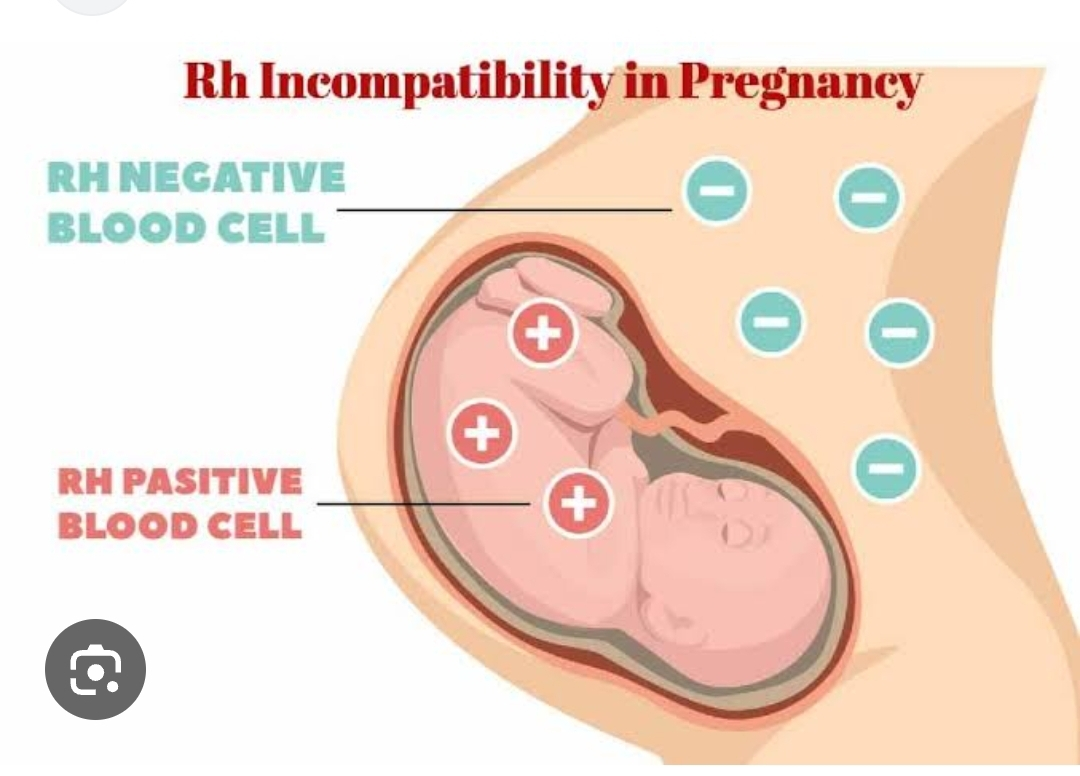
Rh-negative blood type can be important in pregnancy due to the potential risk of Rh incompatibility. Here’s why it matters:
Rh Incompatibility: If a mother is Rh-negative and the baby is Rh-positive (inherited from the father), the mother’s immune system may recognize the baby’s Rh-positive blood as foreign and produce antibodies against it. This can lead to complications like hemolytic disease of the newborn (HDN), where the antibodies attack the baby’s red blood cells, causing anemia and jaundice.
Sensitization: Sensitization occurs when the mother’s immune system is exposed to Rh-positive blood cells, often during delivery, miscarriage, or trauma, and starts to create antibodies. Once sensitized, these antibodies can cross the placenta in future pregnancies, posing risks to any subsequent Rh-positive babies.
Preventive Measure (RhoGAM): To prevent Rh incompatibility, Rh-negative pregnant women are typically given an injection of RhoGAM (a medication containing Rh immunoglobulin) at around 28 weeks of pregnancy and again after delivery if the baby is Rh-positive. This prevents the mother from becoming sensitized to Rh-positive blood cells, significantly reducing the risk of complications in future pregnancies.
Monitoring: If sensitization occurs, the pregnancy may be closely monitored with blood tests and ultrasounds to check for signs of HDN, which can be managed with treatments like intrauterine blood transfusions.




